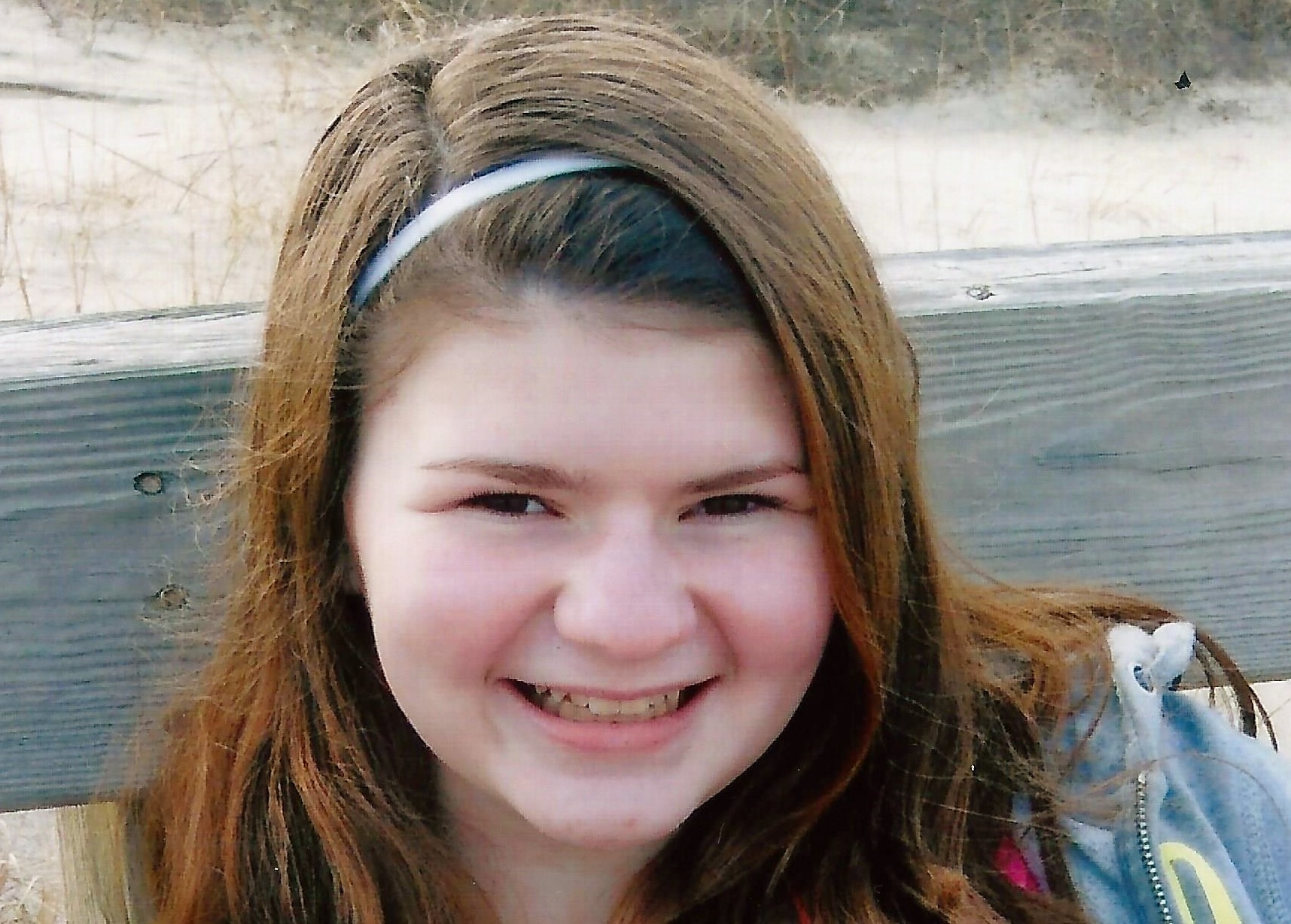Mental Illness Awareness Week 2017

Mental Illness Awareness Week 2017 (October 1st through 7th) is here! According to the National Alliance on Mental Illness, while one in five teens lives with a mental health condition, less than half of them receive treatment. Depression is a serious illness that requires medical care, however, with early detection, diagnosis and a treatment plan, which can consist of medication, psychotherapy and/or healthy lifestyle choices, many teens get better. I am a living example of that. Very few people guessed or knew that the girl in the picture above had been diagnosed with depression only two months before. Nearly four years later, I feel happy, healthy and excited about the future.
While many people are aware of the common signs of depression, such as hopelessness and changes in appetite or sleep, it also can cause agitated or slowed movements and actual physical aches and pains. Depression can occur spontatenously rather than being triggered by a life crisis or physical illness, etc. Mood disorders, such as depression, tend to run in families, and individuals with Attention-Deficit Hyperactivity Disorder are more likely to develop depression. My brother and I fall into both categories.
If you are experiencing mental health warning signs, such as sudden, overwhelming fear for no reason or intense worries that are getting in the way of your daily activities, reach out to someone you trust, whether it is one of your parents, a teacher or coach, your school counselor, a religious leader or a friend. Be completely honest with him or her about what is happening. It can be as simple as saying, “I’m not feeling right. I think I need help. Can I talk to you about it?”
If you are worried about a friend, use “I” (instead of “you”) statements to start a conversation and find out how they are feeling. Ask questions like, “I’ve noticed that you haven’t been acting like yourself lately. Is something going on?”, or say, “It makes me afraid to hear you speaking like this. Let’s talk to someone about it.” Be sure to check-in regularly with your friend, include him or her in your plans (even if he or she does not always participate) and avoid using judgmental or dimissive language, such as “You’ll get over it,” “Toughen up” or “Snap out of it.”
You have the power to start conversations and to know the right thing to say whether you are experiencing mental health concerns yourself or are worried that someone you know is. We can shatter the silence and barriers that surround treatment. Help is available and most importantly, you are never alone! #MIAW #IntoMentalHealth @health_esteem